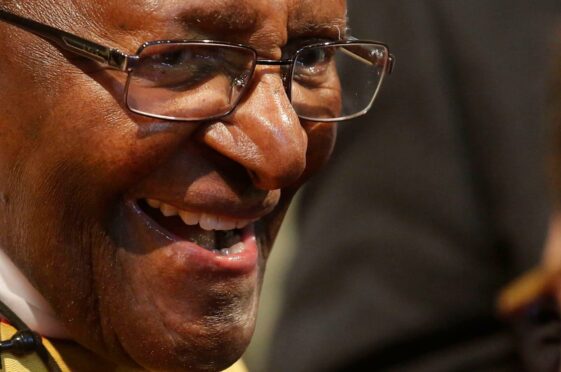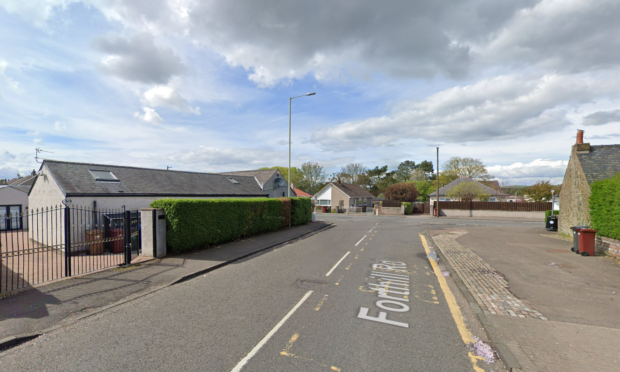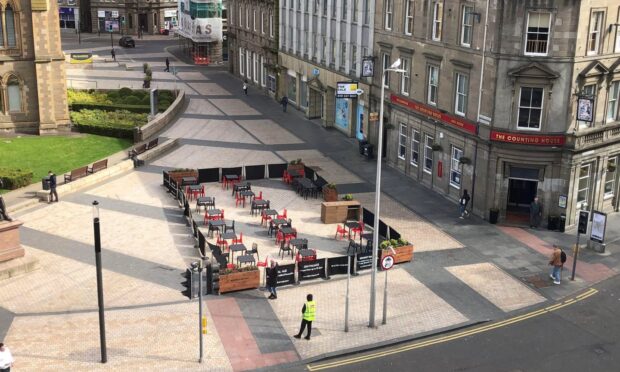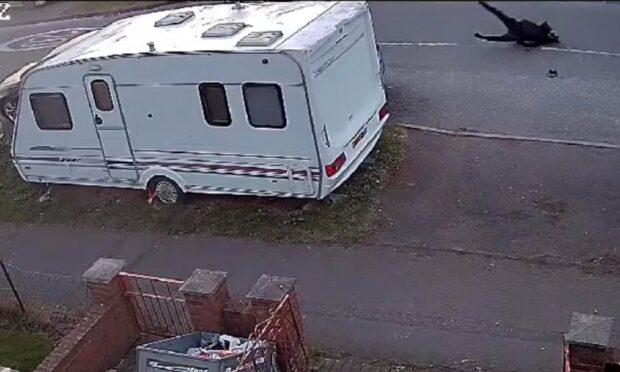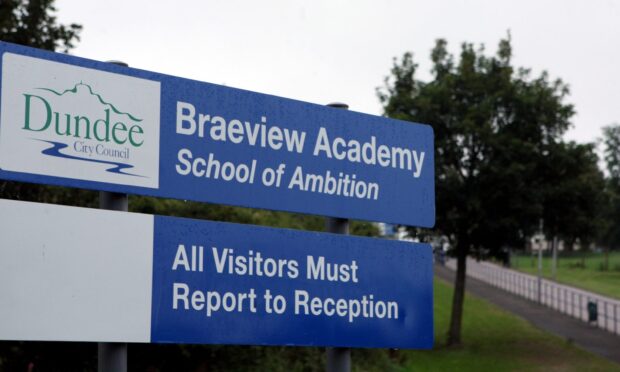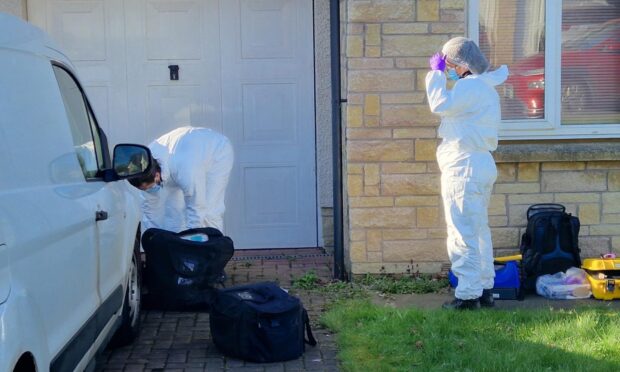As he dies aged 90, Archbishop Desmond Tutu’s role in bringing reconciliation amid a bitter fall-out between church leaders in Dundee has been remembered.
Tutu’s lasting legacy will be his work healing divides in South Africa through the country’s truth and reconciliation process, bringing apartheid to an end and promoting peace.
The Archbishop used his role leading the Truth and Reconciliation Commission in South Africa to promote peace rather than retribution as apartheid-era crimes were investigated.
Through this, alongside the country’s first democratically elected President Nelson Mandela, he was credited with leading a process of forgiveness as racial inequity was confronted.
It was this approach, through a timely intervention, that also appears to have brought to an end an “unholy war” in Dundee.
Reconciliation in Dundee
He was said to have made a “timely intervention” in a dispute affecting the Episcopal Church in Dundee at St Paul’s Cathedral.
The relationship between the Very Reverend Miriam Byrne, the first woman provost of the Episcopal Church of Scotland, and the then Bishop of Brechin, the Right Reverend Neville Chamberlain, was said to have “deteriorated seriously”.
With a row breaking out in the church as well as the civil courts, a meeting was arranged between the pair and Desmond Tutu in the United States.
Flying from separate airports, they met the archbishop in what was reported to be a “last-ditch attempt” to reconcile.
The Courier reported at the time how the Provost and the Bishop of Brechin successfully agreed to their own truth and reconciliation process.
“In a last-ditch attempt to reconcile their differences, the Provost of Dundee’s St Paul’s Cathedral and the Right Rev Neville Chamberlain flew to the US from separate airports last week to meet the archbishop.”
It allowed the Provost to return to her role and the claims in various courts withdrawn, while mediators were brought into St Paul’s Cathedral to help bring the two together.
“A key part of the time with the archbishop centred on the need to listen to others, to put others first,” Bishop Neville Chamberlain wrote in a letter.
“The process of healing at St Paul’s is not going to be easy.
“Forgiveness is not cheap, and the outcome may be difficult for some. By our joint agreement we are setting aside our differences for the greater good of the cathedral and the diocese,” he added.
The Church’s spokesman in Edinburgh said at the time that the process was an opportunity for both Bishop Neville Chamberlain and the Very Rev Miriam Byrne to speak of their concerns.
“It is about drawing a line under what has happened and moving forward,” he said.
“When things were going on earlier a lot of people in the Church were concerned at what was happening but there’s general delight that the meeting in Atlanta between the two parties and Archbishop Tutu has proved to be the beginning of the process.”
Tributes to ‘man of action’ Desmond Tutu
Paying tribute, Justin Welby, the Archbishop of Canterbury, described Tutu as “a man of words and action”.
He tweeted: “Archbishop Desmond Tutu was a prophet and priest, a man of words and action – one who embodied the hope and joy that were the foundations of his life.
“Even in our profound sorrow we give thanks for a life so well lived. May he rest in peace and rise in glory.”
Singer Boy George described him as a “beautiful soul” who “gave me faith that some humans do have a strong love frequency”.
